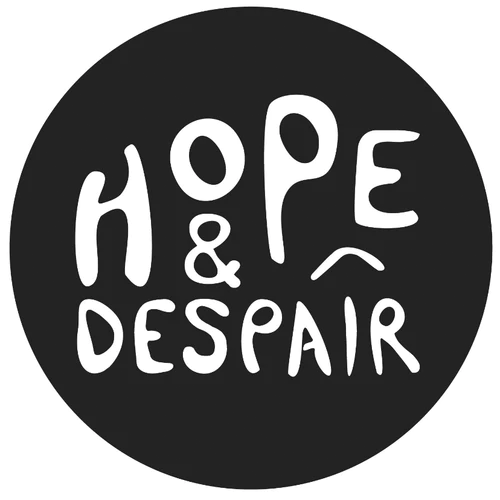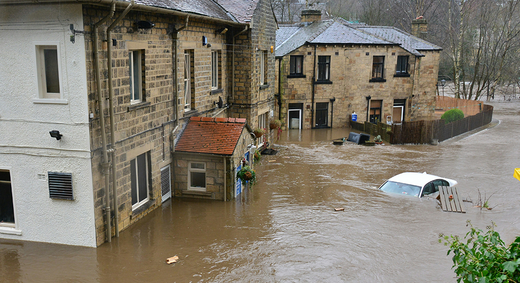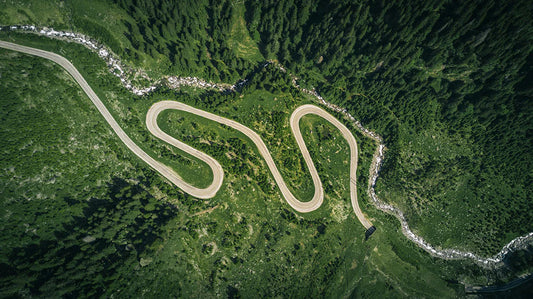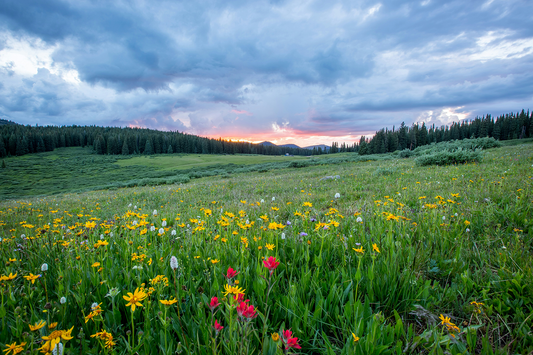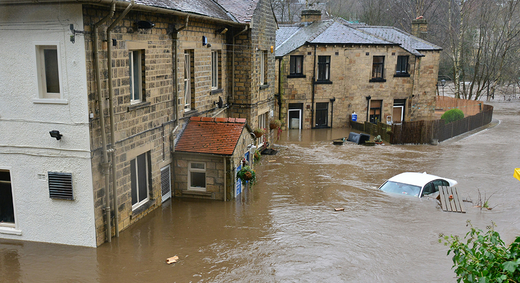
What is Climate Change? A Comprehensive Guide
Share
Climate change is one of the most urgent issues facing humanity today, yet many people are still unclear about what it really means. Simply put, climate change refers to significant and lasting changes in the Earth's climate, including temperature, precipitation, and wind patterns, over long periods. While the Earth's climate has always evolved naturally, the rapid pace of recent changes is largely driven by human activities. This guide dives deep into the causes, effects, evidence, and solutions for climate change, offering actionable insights for everyone.
The Basics: What is Climate Change?
At its core, climate change is a shift in the average weather patterns that define Earth's climate. These changes occur over decades or centuries, rather than days or weeks. While natural processes have always influenced the climate, human activities since the Industrial Revolution have accelerated these changes at an unprecedented rate. This human-driven phenomenon, often referred to as global warming, is a key aspect of climate change.
The Science Behind Climate Change
The Greenhouse Effect: A Natural Process Enhanced by Humans
The greenhouse effect is a natural mechanism that keeps our planet warm. Gases like carbon dioxide (CO2), methane (CH4), and water vapor trap heat from the sun, creating a livable climate. Without this process, Earth’s average temperature would be too cold to support life.
However, human activities—primarily the burning of fossil fuels such as coal, oil, and natural gas—have dramatically increased the concentration of greenhouse gases in the atmosphere. Additional factors, such as deforestation and industrial agriculture, further contribute to this imbalance. The result? A warmer planet and disrupted weather patterns.
Understanding Climate vs. Weather
One common misconception is confusing weather with climate. Weather refers to short-term atmospheric conditions, such as today’s temperature or this week’s rainfall. Climate, on the other hand, is the average of these conditions over a much longer period, typically 30 years or more. When scientists discuss climate change, they focus on long-term trends rather than isolated weather events.
Evidence of Climate Change
Scientific evidence for climate change is abundant and diverse. Here are some key indicators:
- Global Temperature Rise: The planet’s average surface temperature has risen by approximately 1.1°C (2°F) since the late 19th century. The last few decades have been the warmest in recorded history.
- Melting Ice and Rising Sea Levels: Arctic sea ice, glaciers, and polar ice sheets are melting at unprecedented rates, contributing to rising sea levels. Current projections estimate sea levels could rise by 1-2 meters by 2100, threatening coastal cities and ecosystems.
- Extreme Weather Events: Heatwaves, hurricanes, droughts, and floods are becoming more frequent and severe. For instance, the number of Category 4 and 5 hurricanes has increased significantly in recent years.
- Ocean Acidification: Oceans absorb about 30% of the CO2 emitted by human activities. This leads to ocean acidification, which harms marine life, including coral reefs and shellfish.
- Shifting Ecosystems: Plants and animals are migrating to new areas as their traditional habitats become inhospitable. This disruption can lead to biodiversity loss and ecosystem collapse.
The Impacts of Climate Change
Climate change is not a distant threat; its impacts are already being felt around the world. Here’s how it affects different aspects of our lives:
Environmental Impacts
- Rising Sea Levels: Coastal communities face increased flooding and erosion, displacing millions of people and threatening infrastructure.
- Wildlife at Risk: Species unable to adapt quickly face extinction, disrupting ecosystems and food chains.
- Extreme Weather: Droughts, storms, and heatwaves damage crops, forests, and water supplies, creating ripple effects across ecosystems.
Social and Economic Impacts
- Food and Water Security: Changing precipitation patterns and extreme weather events disrupt agriculture, leading to food shortages and higher prices.
- Health Risks: Climate change exacerbates respiratory diseases, heat-related illnesses, and the spread of vector-borne diseases like malaria and dengue fever.
- Economic Costs: The financial toll of climate-related disasters is enormous, with billions of dollars lost annually to property damage, healthcare costs, and lost productivity.
What Can We Do About Climate Change?
Addressing climate change requires a combination of mitigation and adaptation strategies. Here are some of the most effective actions:
Mitigation: Tackling the Root Causes
- Transition to Renewable Energy: Replacing fossil fuels with renewable energy sources such as solar, wind, and hydroelectric power is crucial. Renewable energy reduces greenhouse gas emissions and promotes energy independence.
- Energy Efficiency: Improving energy efficiency in buildings, transportation, and industry can significantly reduce emissions. Examples include using LED lighting, driving electric vehicles, and upgrading insulation.
- Reforestation: Forests act as carbon sinks, absorbing CO2 from the atmosphere. Planting trees and protecting existing forests are vital strategies for mitigation.
- Sustainable Agriculture: Practices like crop rotation, reduced pesticide use, and organic farming can lower emissions from agriculture while improving soil health.
Adaptation: Preparing for Unavoidable Impacts
- Resilient Infrastructure: Designing buildings and infrastructure to withstand extreme weather events can reduce damage and save lives.
- Water Management: Efficient irrigation systems and water conservation techniques can help address water scarcity.
- Heat-Resistant Crops: Developing crops that can thrive in higher temperatures ensures food security in a changing climate.
- Disaster Preparedness: Early warning systems and disaster response plans can help communities recover more quickly from climate-related events.
Individual Action
Every individual can contribute to combating climate change through simple lifestyle changes:
- Conserve Energy: Turn off lights, unplug devices, and use energy-efficient appliances.
- Reduce Waste: Recycle, compost, and avoid single-use plastics.
- Choose Sustainable Transport: Walk, cycle, carpool, or use public transport whenever possible.
- Adopt a Plant-Based Diet: Reducing meat and dairy consumption lowers your carbon footprint.
- Support Green Policies: Advocate for policies that promote renewable energy, conservation, and sustainable development.
The Path Forward
While climate change poses significant challenges, it also offers opportunities for innovation, collaboration, and resilience. Governments, businesses, and individuals must work together to address this global crisis. Here are some promising developments:
- Technological Innovations: Advances in clean energy, carbon capture, and sustainable agriculture are helping reduce emissions.
- Global Agreements: International efforts like the Paris Agreement aim to limit global warming to below 2°C, with countries committing to specific emission reduction targets.
- Community Action: Grassroots movements and local initiatives play a crucial role in raising awareness and driving change.
Conclusion
Climate change is a complex and urgent issue that affects every aspect of life on Earth. By understanding its causes and consequences, we can take meaningful steps to mitigate its impacts and adapt to a changing world. The choices we make today—as individuals, communities, and nations—will determine the future of our planet.
The fight against climate change requires bold action and shared responsibility. Together, we can create a sustainable future for generations to come.
